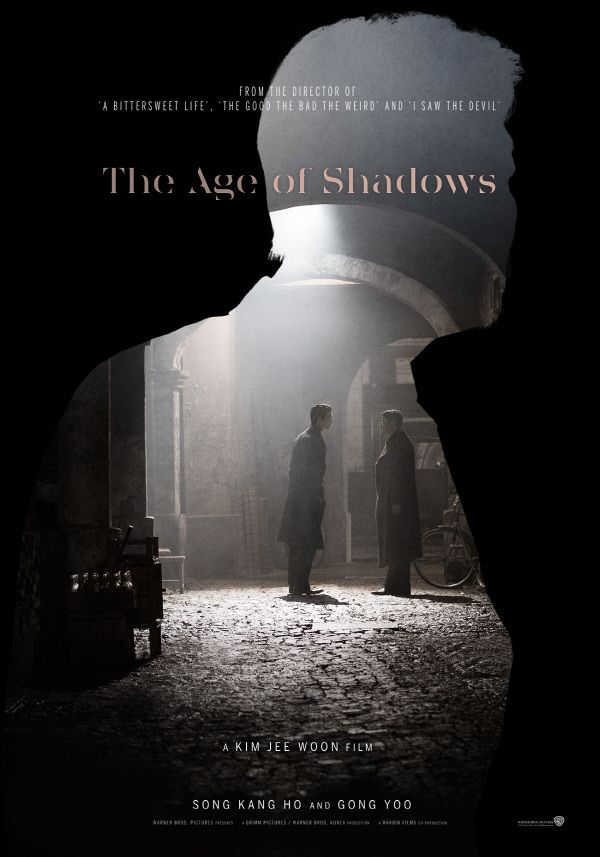-
Mil-jeong / The Age of Shadows (2016) - Pales in comparison to Choi Dong-hoon's "Assassination" - 6/10 (23/12/16)

"The Age of Shadows" is a historically inspired dramatic action-thriller about a group of Korean resistance fighters who are opposing the peninsula's Japanese occupation. Directed and written by creative mastermind Kim Jee-won and starring South Korean top actors like Lee Byung-hun, this epic film became South Korea's official submission for the "Best Foreign Language Film" category of the 89th Academy Awards in 2017. While the premises seemed to be very positive, I was slightly disappointed by the movie.
First of all, a much better movie with a very similar story line called "Assassination" was released only one year earlier and it beats this flick in terms of acting, pace, settings and story. It's quite difficult to identify with the main character in "The Age of Shadow" who constantly changes sides and doesn't seem to know what he believes in. Instead of portraying a man torn between two choices, the movie focuses on a rather antipathic and egoistic character who is thinking about his own advantage at all times. Even an outstanding actor like Song Kang-ho can't make this dull main character any more exciting.
"The Age of Shadow" starts with an explosive opening scene only to lead towards a lengthy introduction with endless dialogues and numerous characters. It takes close to one hour before the pace quickens up again. The first half of the movie is definitely too long and often lost my interest.
While the settings of the movie are very realistic and bring to life a genuine depiction of the Korean peninsula in the forties, the costumes and locations aren't as detailed and memorable as in many other South Korean high-quality productions.
The story remains somewhat shallow in my opinion. It's obvious that the members of the resistance are trying to attack the Japanese occupants but the film never really explains what they are organizing precisely. It's quite unsatisfying to realize that the resistance's charismatic leader is taking many risks by trusting a highly unreliable main character and personally organizing an attack against the enemy that is never ever specified. The ending also leaves many questions open and feels unfinished to me.
Despite these flaws, the movie also has many strong points. The side characters are portrayed excellently and add some depth to the movie. Especially the clever villain portrayed by Um Tae-goo is very creepy. The movie also convinces in its more intense passages. The opening scene is both dynamic and memorable. The climax on the train is very tense and will get you on the edge of your seat. The last thirty minutes of the film have a welcome dramatic and emotional touch. The settings are authentic and especially the scenes on the train, in different torture chambers and in the prison are beautifully crafted and provide a gripping and sinister atmosphere. While the story is maybe the movie's biggest flaw, it still requests some thinking from the audience and includes a few minor twists in the second half of the film that save this movie for me.
Maybe my rating would be slightly more generous if the excellent "Assassination" hadn't been released a year earlier. That film's excellent execution from any point of view makes "The Age of Shadows" look quite predictable, redundant and even unnecessary. Faithful fans of contemporary South Korean cinema should still watch both movies but I would only recommend "Assassination" to occasional international audiences. "The Age of Shadows" really pales in comparison to Choi Dong-hoon's "Assassination". On a closing note, South Korea should have chosen the outstanding horror film "The Wailing" as official submission for the "Best Foreign Language Film" category of the 89th Academy Awards in 2017.








